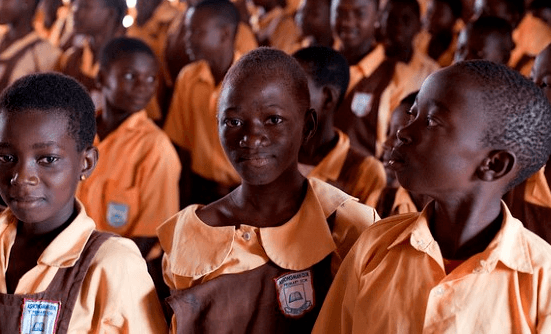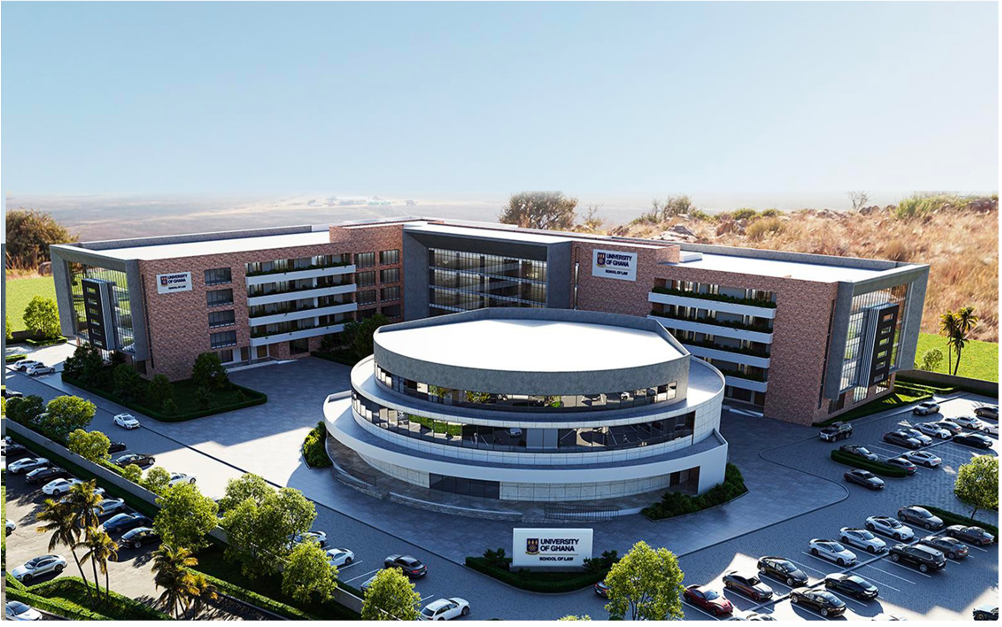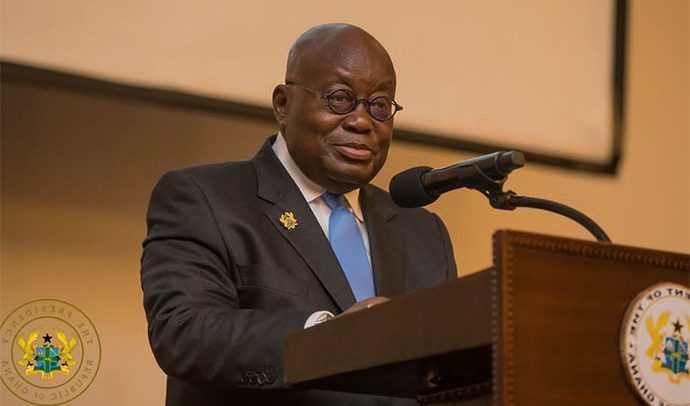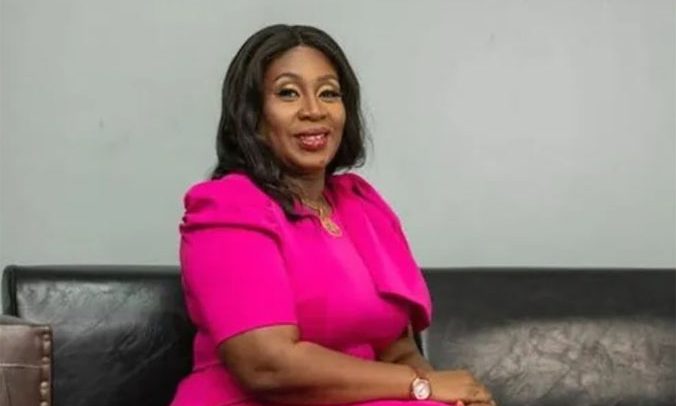
The new Kindergarten and Primary School Curriculum would be rolled out at the beginning of the 2019/2020 academic year.
Dr Mathew Opoku Prempeh, the Minister for Education, has said the new curriculum seeks to address the inherent deficiencies in the current curriculum, such as content overload, limitations of the objective-based curriculum and the inability of the assessment system to provide sufficient data on which improvement in teaching and learning could be fashioned.
Speaking at the meet-the-press series, Dr Prempeh said with the past curriculum, greater emphasis was placed on preparing learners to pass exams and was not in tandem with the new and long term national development goals and priorities.
He said the new curriculum emphasized the acquisition of Reading, Writing, Arithmetic and Creativity skills across the entire primary curriculum and sought to strengthen the teaching of Mathematics.
Other key features of the new curriculum are the reintroduction of History of Ghana; Physical Education and Sports as an integral part of a programme of balanced education as well as provisions for the development of critical Core Competencies (Foundational and Lifelong Skills).
The rest are strengthening the teaching of French, emphasizing learning-centred pedagogy (differentiation, scaffolding); strengthening the use of ICT as a pedagogical tool, and emphasizing pedagogy with a focus on equity and inclusion.
The National Council for Curriculum and Assessment (NaCCA) in collaboration with Ghana Education Service developed the roadmap for the implementation in April this year.
Dr Prempeh said 186 master trainers have been identified and trained by NaCCA in April and May and 3900 regional and district level trainers were identified and trained in June.
Training of classroom teachers and other relevant school level actors on the curriculum is ongoing and expected to be completed in by the end of August for the implementation in September 2019.
Speaking on the Free Senior High School (FSS) Education, the Minister said, Government’s commitment to secondary education remains: “No qualified child is left behind”.
He said FSS is about equity, access, quality skills development and infrastructure expansion; and so far the government has created 43 per cent access to enrollment.
“We projected to increase the Senior High School (SHS) enrolment from 881,600 in 2016 to 1,264,190 by close of 2019,” he added.
He said the government would need a time frame between five to seven years to halt the double-track system in the SHS and as a result, the double-track system would continue until adequate infrastructure are put in place.
He said currently 395 SHS out of the 700 SHS are doing double track system and as the years go by and their infrastructure situation improves, they would be weaned off back to the single-track system.
The occasion was used to launch the Ghana Tertiary Education Policy, which aims to set clear guidelines for the ultimate structure, planning, development, regulation, operations and overall governance and accountability of the tertiary education system; to respond effectively and sustainably to the needs of the learning society and knowledge-driven economy.
Read Full Story






















Facebook
Twitter
Pinterest
Instagram
Google+
YouTube
LinkedIn
RSS